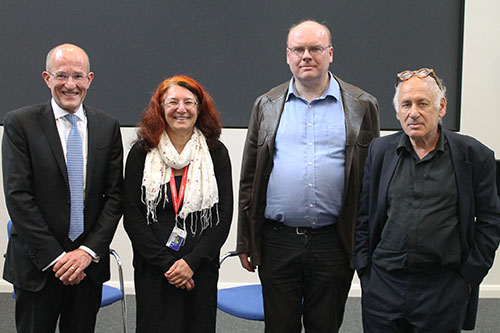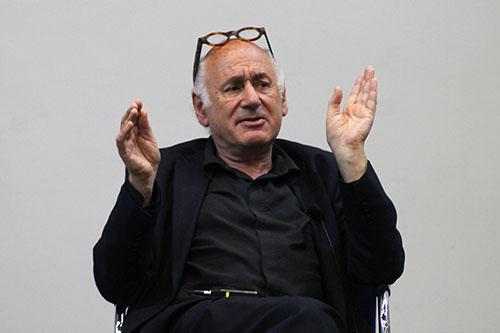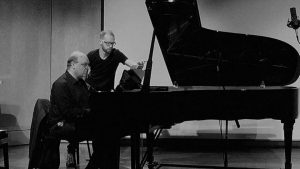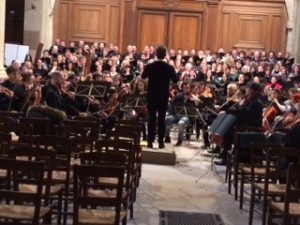Blog by Carolina Herrera, Year 3 BMus
For their last performance of the year, singers from the Music Department and the university staff choir came together in the festive spirit of the season to sing traditional Carols beneath the famous Norwegian Christmas tree as part of the Greater London Authority’s Carol Singing Programme for Christmas.
Densely wrapped to brave the cold, students and staff congregated in front of the mixed and enthusiastic audience, eagerly singing some of the most loved hymns and carols for an hour to raise funds on behalf of Mind and Islington Law Centre, their chosen charities. Favourites included Hark! The Herald Angels Sing; Ding, Dong! Merrily on High; In the Bleak Mid-winter; O Little Town of Bethlehem; We Wish you a Merry Christmas, Silent Night and O Come, All ye Faithful. In addition, the Staff Choir delighted the public with Carol of the Bells and the Chamber Choir added Sleep, my Jesu and Tomorrow Shall be My Dancing Day, for a memorable evening of Christmas cheer.
Led by Tim Hooper and constituted by talented students from the Music and other departments, the City University Chamber Choir performs at the end of each academic term. This year, it sang Brahms’ Ein deutsches Requiem in St Giles’ Cripplegate church in London and also as part of the festival de Printemps de l’Université PSL (Paris Sciences & Lettres) in Paris during the spring 2018. They recently performed their annual Christmas Carol Concert at St. Clement’s Church, in collaboration with Civitas, the university vocal ensemble devoted to the performance of early music and led by Dr Alexander Lingas.
The City University Staff Choir is a community ensemble open to academic and professional service staff with no previous experience required, from across the university. The choir was set up 18 months ago by Louise Gordon, who also manages and conducts. 15 of its 25 members sang in Trafalgar Square and their beautiful voices brightly resonated together with singers from the Music Department, creating a light-hearted atmosphere for which the public showed appreciation.
After the session, singers and staff were offered mulled wine and mince pies by the Music Department and had photographs taken by friends and the public.
Many thanks to Tim Hooper for conducting the choirs, to Dr Alexander Lingas for joining the singers, to Dr Laudan Nooshin and Dr Ian Pace who diligently collected funds from the crowd and, of course, to all the singers who helped us raise more than £200 for charity!


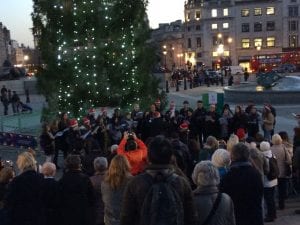



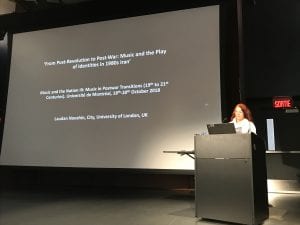
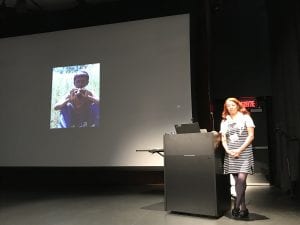
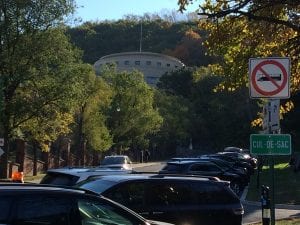

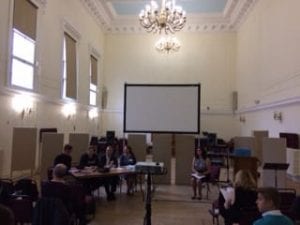

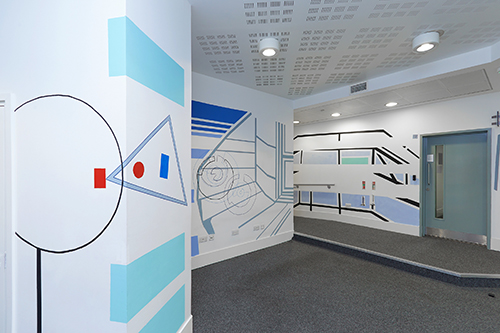
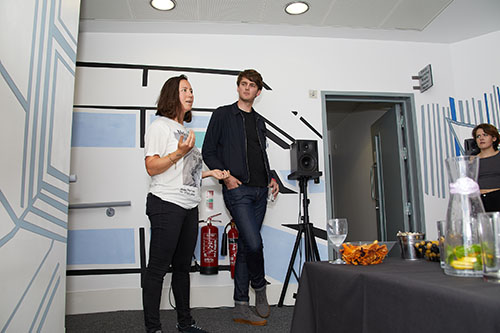
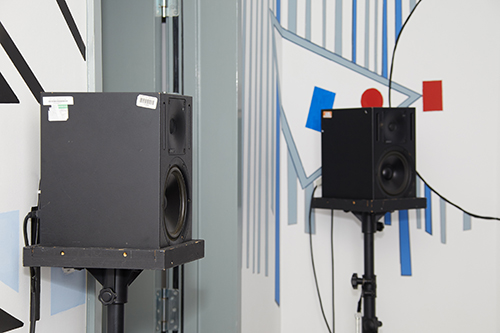 Dr Rennie added: “They also had electro-magnetic equipment that they could use to record sounds from the wires around the department that connect various studio spaces.
Dr Rennie added: “They also had electro-magnetic equipment that they could use to record sounds from the wires around the department that connect various studio spaces.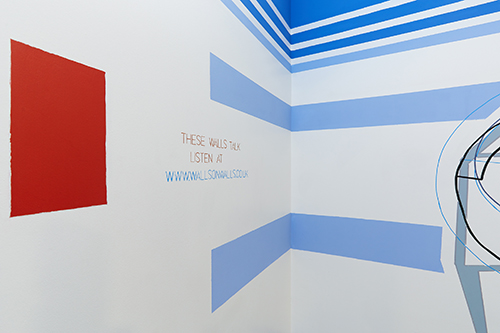 The artwork is now a permanent installation in the Department of Music. It was
The artwork is now a permanent installation in the Department of Music. It was 